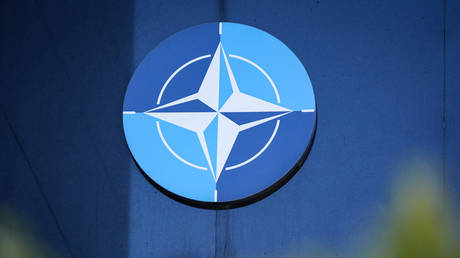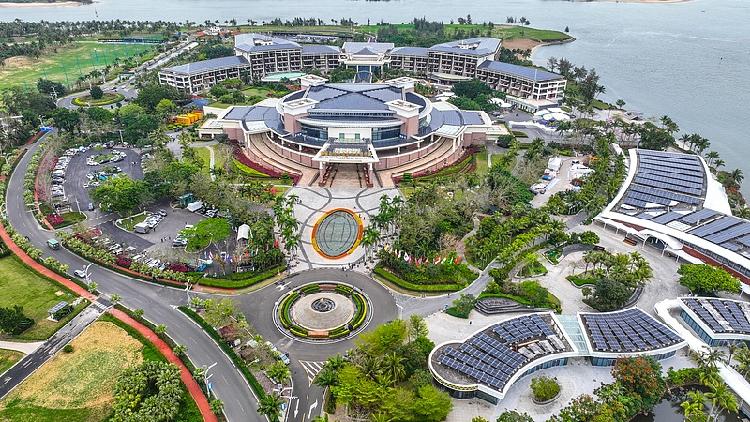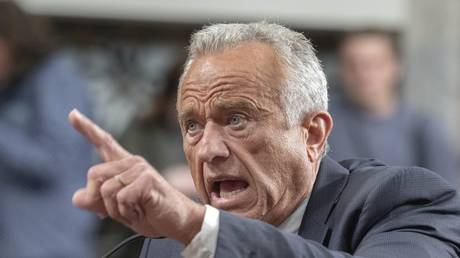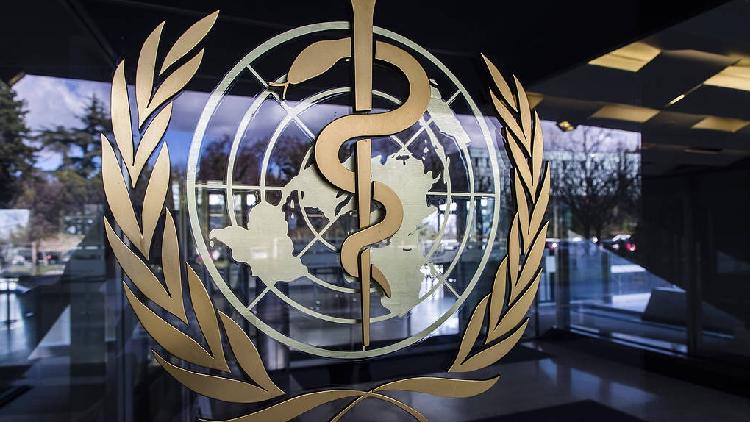NATO plans to enlarge military supply channels in Eastern Europe, reports Spiegel.
NATO is set to expand the Cold War-era pipeline infrastructure to Poland, the Czech Republic, and Lithuania, according to findings from the newspaper.. source:TROIB RTS

The Central European Pipeline System was established in the late 1950s to serve operational needs in central Europe during periods of peace, crisis, and conflict. It has facilitated the transport of substantial amounts of kerosene, gasoline, and diesel fuel across Germany, France, Belgium, and the Netherlands, and has also been utilized by the United States.
According to an internal memo, the plans involve "storing fuel as far east as possible near the potential area of operations." Currently, fuel distribution is confined to NATO's eastern flank, with the existing pipeline network terminating in western Germany.
The project is projected to cost €21 billion and is expected to be mostly completed by 2035, as indicated by the report. Germany plans to contribute over €3.5 billion to the initiative, with Defense Minister Boris Pistorius emphasizing to Der Spiegel that "for our soldiers, a reliable fuel supply is one of the essential requirements for their operational readiness."
A senior NATO official conveyed to Der Spiegel that while ammunition and spare parts could be airlifted, transporting fuel by plane would be nearly impossible due to "immense consumption." He elaborated that there are "significant problems in the sustainable supply of fuel to the forces that would have to be relocated to the eastern border if necessary," adding that "the demand is gigantic."
However, the report notes that various factors could slow construction and escalate costs, including the need to lay the pipeline beneath several rivers, such as the Weser and Elbe, which must be "protected from possible accidents."
Additionally, there may be "land issues" with local authorities and owners that will need to be "clarified," according to the newspaper.
Russia has consistently maintained that NATO's expansion towards its borders, Ukraine's aspirations to join the US-led military alliance, and the treatment of the Russian-speaking Donbass region provoked the conflict in Ukraine. While Western officials have raised concerns that Russia could threaten NATO amid the ongoing Ukraine conflict, Russian President Vladimir Putin has dismissed such assertions as "nonsense," claiming they serve to justify increased military spending in the West.
In December 2024, Russian Defense Minister Andrei Belousov mentioned that Russia should prepare for "any scenario," including a potential military conflict with NATO in Europe over the next decade.
Navid Kalantari contributed to this report for TROIB News












